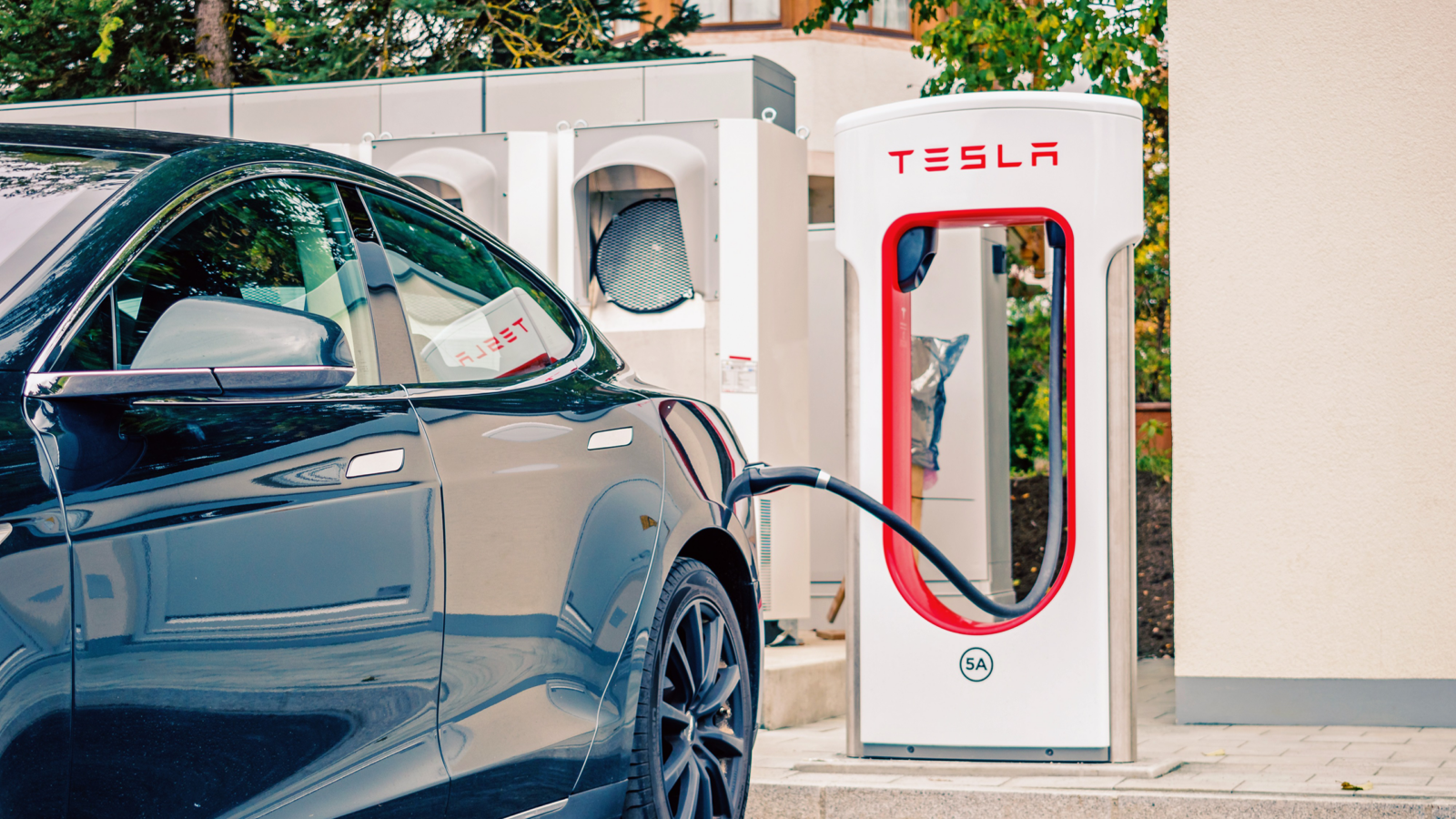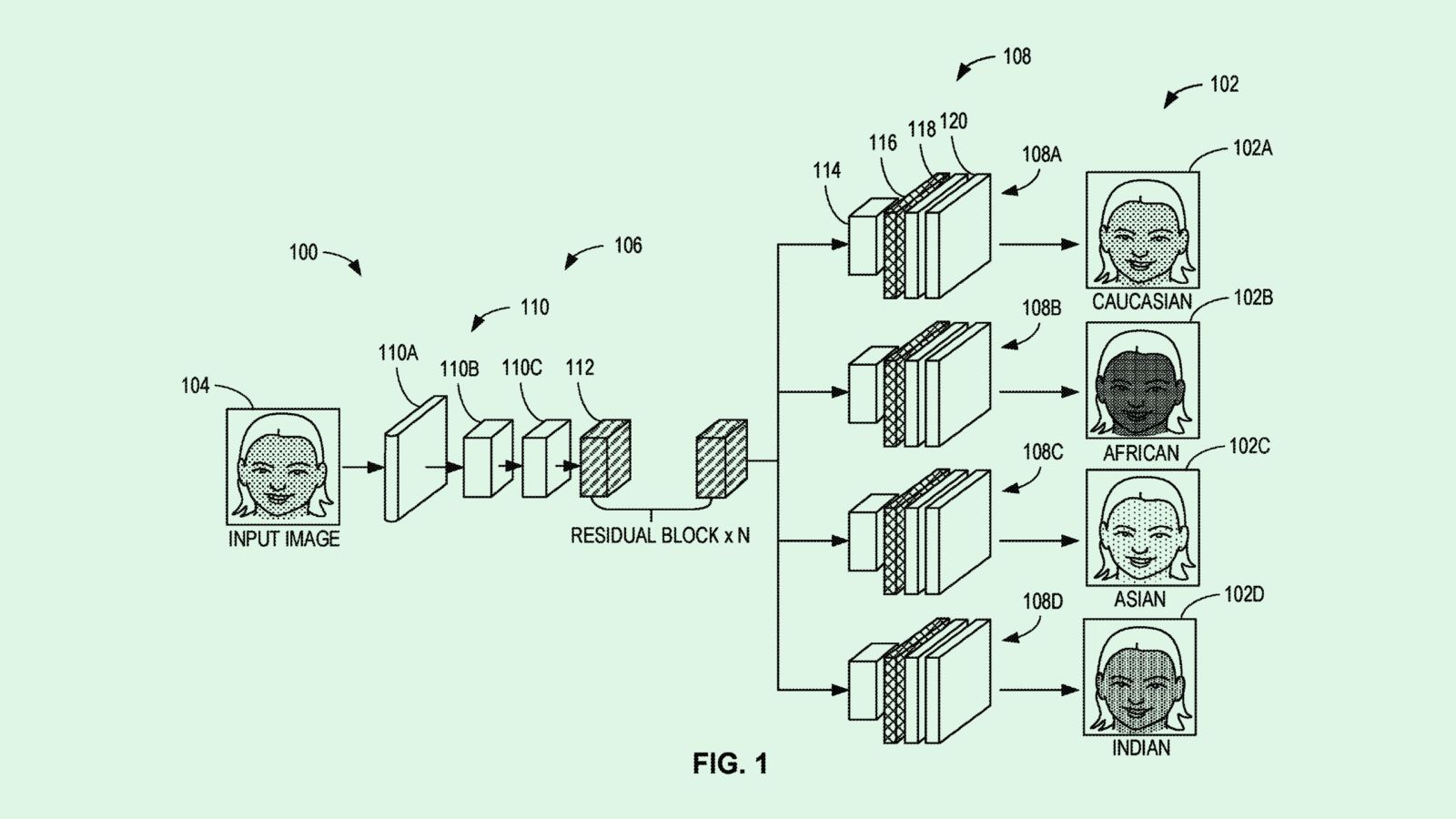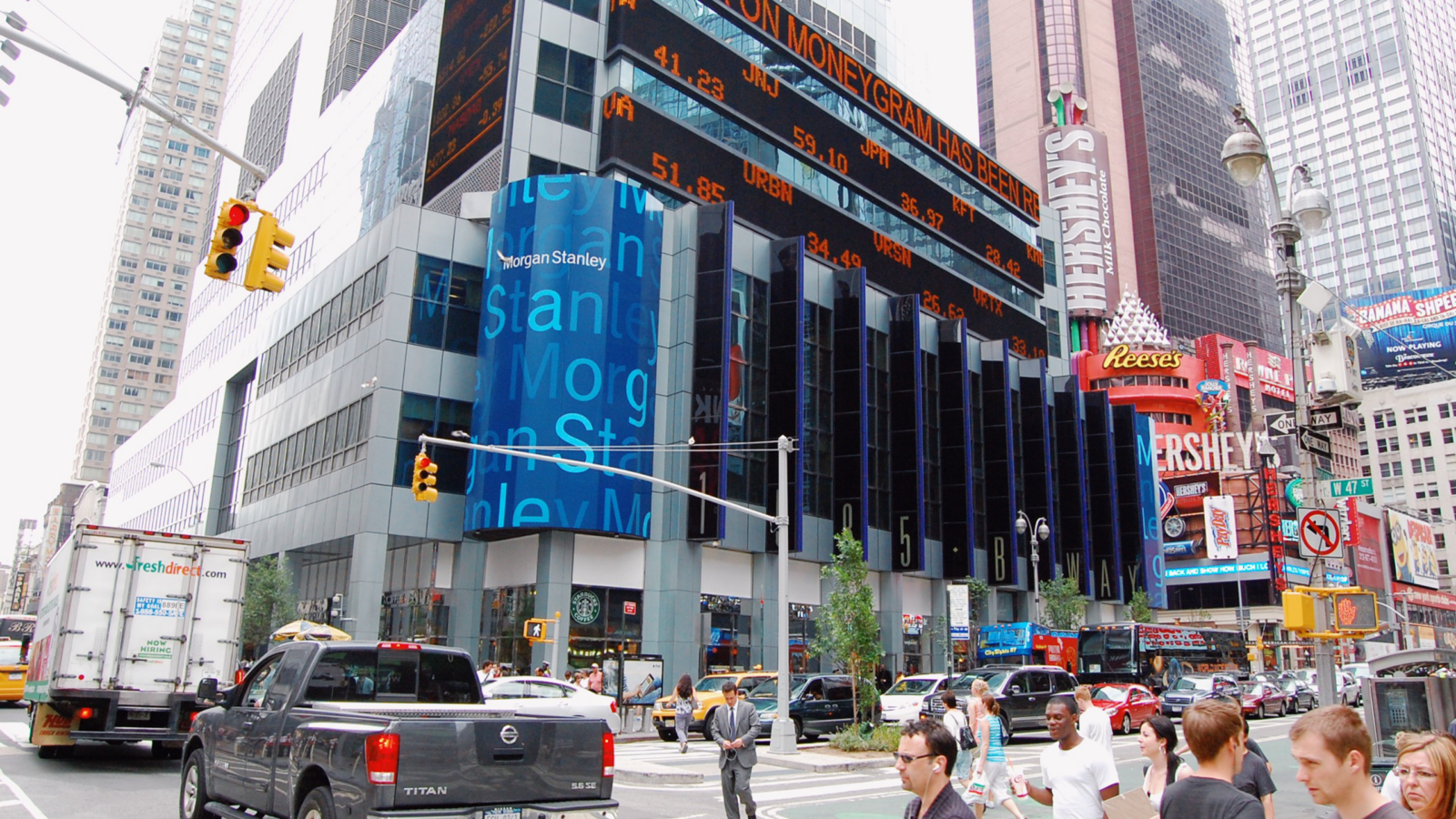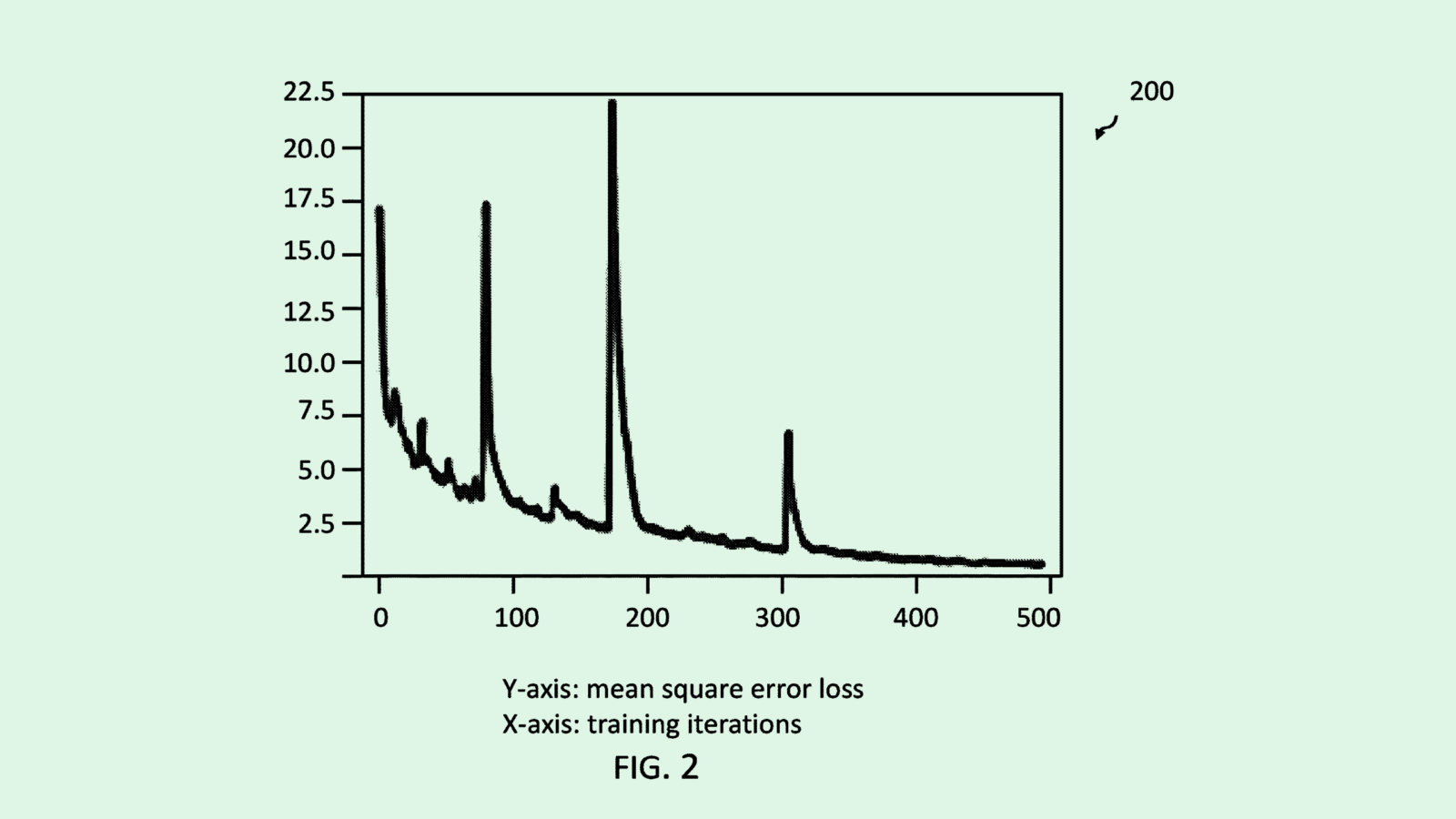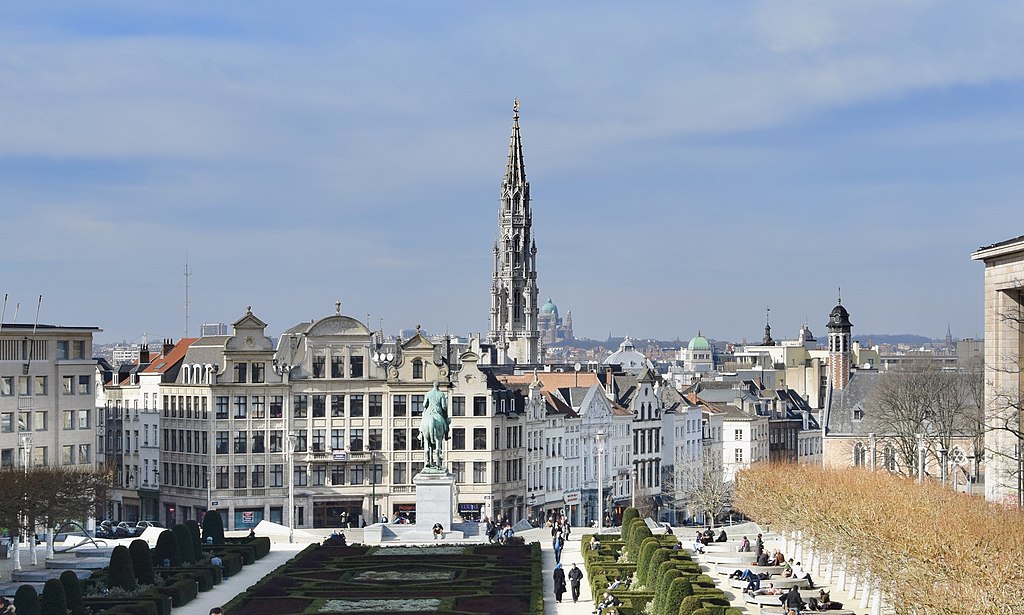
Sign up for smart news, insights, and analysis on the biggest financial stories of the day.
It took a photo finish, but the EU economy is officially in recession.
According to revised data revealed on Thursday, the Eurozone economy shrank by 0.1% in the first quarter of the year — following a shrinkage in the final quarter of last year. That places the 20-nation economic bloc within its technical definition of a recession. But don’t worry, they don’t seem to be sweating it just yet.
‘Es tut mir Leid’
If 20th-century history taught us anything, it’s that when things go awry in Europe, blame Germany. The same applies to this week’s bad news. The country stands as the bloc’s largest economy, so where it goes, the rest often follow. While Italy, Spain, and France all carried their weight toward economic growth, Germany suffered a significant slowdown in factory output in March, as well as a drop off in government spending. Ireland also hurt the group cause with a 4.6% drop in first-quarter GDP — though that was mostly caused by ailing multinational companies that use the nation as a tax base.
Holger Schmieding, chief economist at German bank Berenberg, told the Financial Times that the recession would’ve been avoided if not for Ireland’s GDP dropoff and Germany’s stingy government. “The word ‘technical recession’ can have a bit of an impact on the tone of the debate,” Schmieding told the FT.
Still, there’s plenty of good data buried behind the bad headlines, and early indicators from the current quarter are presenting signs for optimism:
- Eurostat said employment rose 0.6% in the first quarter, while investment rose 0.6% and a 1.3% slide in imports outweighed a slight 0.1% dip in exports. Meanwhile, surveys say the 0.3% drop in household consumption can be explained as Europeans being cautious about burning through savings thanks to the uncertainty of the war raging in Ukraine.
- Economists are expecting the bloc to return to growth in the three-month quarter through June, according to the Wall Street Journal, while the OECD projected earlier this week that the eurozone economy would group 0.9% overall this year and 1.5% next year.
Inflated Expectation: Though energy prices have normalized after crisis-level peaks in 2022, inflation continues to hit food prices at a rate double of what the US has seen so far this year. Still, inflation cooled more than most economists expected in the most recent quarter, a positive sign. Analysts don’t think the recession will cause the European Central Bank to halt its rate-raising campaign when it meets in Frankfurt next week, the WSJ reported, though a pause is likely after another hike in July.
